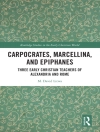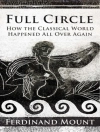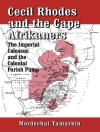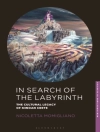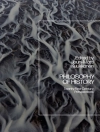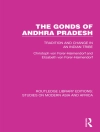The Weimar Republic (1918–1933) was a crucial moment not only in German history but also in the history of both crime fiction and criminal science. This study approaches the period from a unique perspective – investigating the most notorious criminals of the time and the public’s reaction to their crimes. The author argues that the development of a new type of crime fiction during this period – which turned literary tradition on its head by focusing on the criminal and abandoning faith in the powers of the rational detective – is intricately related to new ways of understanding criminality among professionals in the fields of law, criminology, and police science. Considering Weimar Germany not only as a culture in crisis (the standard view in both popular and scholarly studies), but also as a culture of crisis, the author explores the ways in which crime and crisis became the foundation of the Republic’s self-definition. An interdisciplinary cultural studies project, this book insightfully combines history, sociology, literary studies, and film studies to investigate a topic that cuts across all of these disciplines.
Mục lục
Acknowledgements
Introduction: Criminalistic Fantasy and the Culture of Crisis in Weimar Germany
Chapter 1. Crime, Detection, and German Modernism
Chapter 2. Writing Criminals: Outsiders of Society and the Modernist Case History
Chapter 3. Understanding Criminals: The Cases of Ella Klein and Franz Biberkopf
Chapter 4. Seeing Criminals: Mass Murder, Mass Culture, Mass Public
Chapter 5. Tracking Criminals: The Cases of Peter Kürten, Franz Beckert, and Emil Tischbein
Conclusion: Criminalistic Fantasy After Weimar
Bibliography
Index
Giới thiệu về tác giả
Todd Herzog is an Associate Professor of German Studies at the University of Cincinnati. He is editor of A New Germany in a New Europe (Routledge 2001, with Sander Gilman) and Rebirth of a Culture: Jewish Identity and Jewish Writing in Germany and Austria Today (Berghahn Books, 2008, with Hillary Hope Herzog and Benjamin Lapp). He is currently working on A Critical Filmography of German Cinema to 1945.


